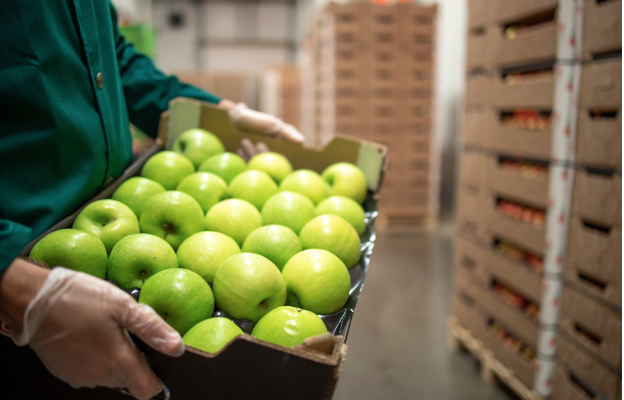Best Practices for Fresh Produce Transport
Transporting fresh produce presents unique challenges due to the perishability of fruits, vegetables, and other agricultural products. Maintaining the quality and freshness of produce from the farm to the store or consumer requires specialised handling and logistics. This article outlines best practices for transporting fresh produce efficiently and sustainably.
Key Practices for Optimal Fresh Produce Transport
- Temperature Control and Monitoring: Temperature control is the cornerstone of fresh produce transport. Most fruits and vegetables require specific temperature ranges to stay fresh and maintain their nutritional quality. For example, leafy greens often need temperatures just above freezing, while other produce may have different requirements. Refrigerated transport vehicles equipped with reliable temperature monitoring systems are essential. These systems should provide real-time temperature data, alerting drivers and logistics managers if fluctuations occur so they can take corrective action immediately.
- Proper Packaging and Handling: Effective packaging is vital for preserving the quality of fresh produce. The right packaging materials and designs can prevent bruising, spoilage, and contamination. Packaging should allow for proper airflow to regulate moisture and prevent mould growth. Some common packaging materials include perforated plastic wraps, padded boxes, and cartons with dividers. Proper handling practices—such as loading heavier produce at the bottom and lighter produce at the top—can prevent damage during transit.
- Efficient Route Planning: Minimising transit time is critical to maintaining produce quality. Efficient route planning helps reduce time on the road, ensuring that fresh produce arrives at its destination sooner. This is particularly important for long-distance deliveries or shipments to remote areas. Advanced routing software can analyse traffic, road conditions, and delivery points to calculate the most efficient routes, reducing delays and ensuring that the produce spends the least amount of time in transit.
- Regular Quality Checks To ensure freshness upon delivery, regular quality checks are essential throughout the journey. Produce should be inspected at various checkpoints, including during loading, mid-transit, and unloading. These checks can identify any quality issues early on, allowing for corrective actions or even rerouting if necessary. Additionally, quality checks upon delivery can help build trust with retailers, showing them that the produce has been carefully handled and is in top condition.
Advanced Technological Solutions
- GPS and Tracking Systems: Real-time tracking through GPS systems enables better monitoring of both the vehicle and the produce during transport. Drivers and managers can track location, monitor route adherence, and get updates on expected delivery times. This visibility helps streamline the logistics process and allows customers or retailers to track shipments and prepare for arrivals accordingly.
- Cold Chain Technology: Cold chain logistics refers to the temperature-controlled supply chain that preserves perishable goods like fresh produce. Cold chain technology includes refrigerated warehouses, transport vehicles, and advanced monitoring systems that keep produce at optimal temperatures throughout its journey. By maintaining consistent temperatures, cold chain technology minimises spoilage and helps reduce waste. Investing in robust cold chain solutions can ensure that produce remains fresh from farm to consumer, ultimately improving profitability and sustainability.
Final Thoughts
Transporting fresh produce requires careful planning, consistent monitoring, and innovative technologies to preserve freshness and quality. By following best practices like temperature control, effective packaging, efficient routing, and regular quality checks, logistics companies can reduce spoilage and improve the longevity of fresh produce. Implementing cold chain technology and real-time tracking further enhances efficiency and reliability. With these strategies, the fresh produce transport industry can meet the growing demand for high-quality, farm-fresh products while contributing to sustainability and profitability.
Looking for a reliable logistics company?
With over 25 years of experience in specialised refrigerated transport and warehousing, our modern fleet of prime movers delivers your products with confidence. Talk to our team today.
